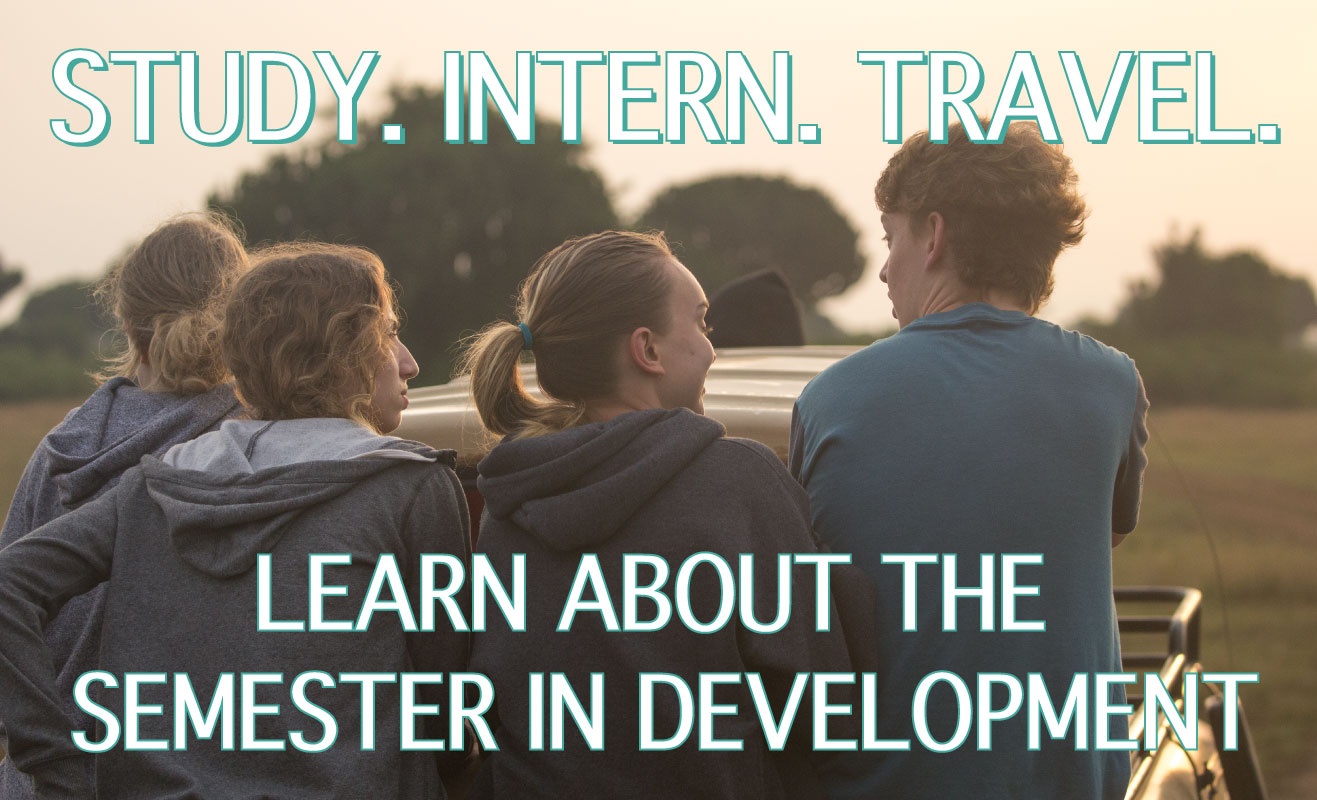Summer 2015 Semester in Development participant’s reflections on the controversial topic of aid.
Sigmund Freud has this theory that every human action has a rationale behind it. We all have personal laws that we have chosen to behave by, and they dictate every single action we make. Here I must insert the preemptive that, despite what your weird hemp-farming Uncle from California may tell you, most of Freud’s theories are—at best—contestable.
However, I think this one has a little bit of truth to it. Think; most of your actions probably do have rules. You only get the combo if you’ve worked out that day, you only buy berries if they’re on sale, you only tip 15% if they didn’t screw up your order, etc. Sure, these are the petty ones, but for more important things—like how to spend your money—these rules really start to matter.
Even if you think most of this ‘rule’ theory stuff is kinda crap, I predict that you can at least relate to it in one, specific, circumstance. When someone on the street asks you for money, you have a rule about what you give, right? Some will only buy them food, some only give them money if they look sober, and some give to charity instead. Most people have a rule roughly sketched out in their mind and most of the time it works. Except…
Except when you find yourself in a completely novel environment that takes your stupid ‘rules’, chews them up, spits them back in your face and points you back to the drawing board. Yeah… I didn’t know what this meant either until I travelled to Uganda for a study/internship experience with Insight Global Education.
In the first week of the Semester In Development, we walked by a hospital and there was a little girl curled up on a mat outside with a sign in front of her saying “Need Funds For Treatment”. Just after reading the sign, my eyes jumped to the half of her leg that still remained. I then noticed the dried, pealing skin surrounding the stub she had on her left arm, where her hand should’ve been.

A few days later we pull up to a stoplight and a woman slowly approaches my window, arm extended, hand cupped. She is easily the thinnest pregnant women I have ever seen, and she is holding a child in her other arm. Her eyes are empty, and she makes little effort to make eye contact with me. It’s like… she knows she won’t get any money, but she has nothing better to do.
Once I start work, a little boy begins to approach me every day on my walk home. His name is Frank, he looks about 11 years old and he says he needs the money for school fees. I don’t know if he’s telling the truth.
In Uganda, too many people need your money— need, not want. I am left mystified attempting to establish a rule for how I should give what little money I can spare.
If you try to give it to who needs it most, you will find yourself playing a sickening game of “who has it worse”— perhaps between a disabled elderly women and an uneducated child.
Why not a meritocracy then? Yeah, I will give my money to whoever is working the hardest to get it, or whoever looks like they have plans to work. But why should I give it to these people, instead of the ‘employed’ man selling 5-cent packs of gum on the side of the road? That guy has found a way to actually ‘work’, and I bet he needs my money just as much as those who are begging. Since it’s so easy to find something to sell in Uganda, ‘employment’ is by no means indication of a satisfied stomach.
So, maybe I should give it to the people that physically can’t work? The disabled population that doesn’t have the mobility to sell anything? Yeah, there we go… that will be my rule.
This rule was held up briefly, until my coworker told me that disabled beggars are often part of exploitation networks. There are able-bodied wealthier people in charge, who use beggars to make them a quick buck. It’s essentially a job, and the beggars make more money then some of the people walking by in dress-shirts with brief cases.
After just a few weeks in Uganda, I realized that I was amid a complex system that wouldn’t benefit from simply throwing a few dollars to whoever I decide needed it the most that day. The whole system seemed broken, and it seemed as though even endless amounts of charitable donations couldn’t fix it.
This is a hardly a revelation; sustainable development has been well established as the best way to help impoverished countries.
But then what should I do when a malnourished pregnant woman asks me for something… anything… absolutely any, little, thing, that I can spare? Say no? That doesn’t feel right... it’s so easy to see how a little something could help her. But, how could I possibly justify giving to her over anyone else?
It’s confusing at the best of times, and emotionally draining at the worst.
Written by Evan Beck
Semester in Development, Summer 2015




Leave A Comment